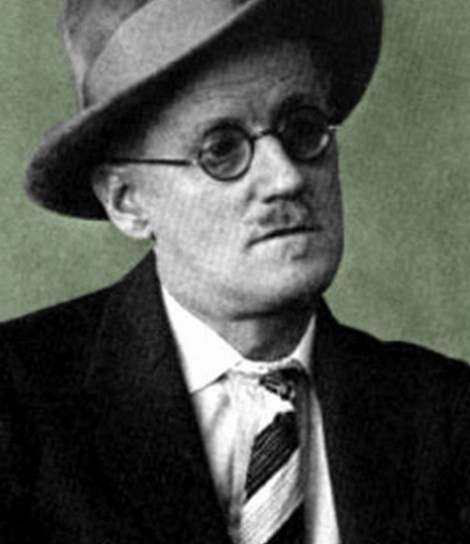
Here, James Joyce writes an enthusiastic fan letter to Henrik Ibsen, wishing the playwright a happy birthday. Joyce tells of his excitement when he received word that Ibsen had enjoyed a review he’d written, and of his efforts to “soun[d] [Ibsen’s] name defiantly through a college where it was either unknown or known faintly and darkly.” Joyce first wrote the letter in English, then translated it to Norwegian to send to Ibsen.
To Henrik Ibsen
March 1901
8 Royal Terrace, Fairfield, Dublin
Honoured Sir:
I write to you to give you greeting on your seventy-third birthday and to join my voice to those of your well-wishers in all lands. You may remember that shortly after the publication of your latest play When We Dead Awaken, an appreciation of it appeared in one of the English reviews—The Fortnightly Review—over my name. I know that you have seen it because some short time afterwards Mr. William Archer wrote to me and told me that in a letter he had from you some days before, you had written, ‘I have read or rather spelled out a review in The Fortnightly Review by Mr. James Joyce which is very benevolent and for which I should greatly like to thank the author if only I had sufficient knowledge of the language.’ (My own knowledge of your language is not, as you see, great but I trust you will be able to decipher my meaning.) I can hardly tell you how moved I was by your message. I am a young, a very young man, and perhaps the telling of such tricks of the nerves will make you smile. But I am sure if you go back along your own life to the time when you were an undergraduate at the University as I am, and if you think what it would have meant to you to have earned a word from one who held so high a place in your esteem as you hold in mine, you will understand my feeling. One thing only I regret, namely, that an immature and hasty article should have met your eye, rather than something better and worthier of your praise. There may not have been any wilful stupidity in it, but truly I can say no more. It may annoy you to have your work at the mercy of striplings but I am sure you would prefer even hotheadedness to nerveless and ‘cultured’ paradoxes.
What shall I say more? I have sounded your name defiantly through a college where it was either unknown or known faintly and darkly. I have claimed for you your rightful place in the history of the drama. I have shown what, as it seemed to me, was your highest excellence—your lofty impersonal power. Your minor claims—your satire, your technique and orchestral harmony—these, too, I advanced. Do not think me a hero-worshipper. I am not so. And when I spoke of you, in debating-societies, and so forth, I enforced attention by no futile ranting.
But we always keep the dearest things to ourselves. I did not tell them what bound me closest to you. I did not say how what I could discern dimly of your life was my pride to see, how your battles inspired me — not the obvious material battles but those that were fought and won behind your forehead—how your willful resolution to wrest the secret from life gave me heart, and how in your absolute indifference to public canons of art, friends and shibboleths you walked in the light of inward heroism. And this is what I write to you of now. Your work on earth draws to a close and you are near the silence. It is growing dark for you. Many write of such things, but they do not know. You have only opened the way—though you have gone as far as you could upon it—to the end of ‘John Gabriel Borkman’ and its spiritual truth — for your last play stands, I take it, apart. But I am sure that higher and holier enlightenment lies—onward.
As one of the young generation for whom you have spoken I give you greeting—not humbly, because I am obscure and you in the glare, not sadly because you are an old man and I a young man, not presumptuously, nor sentimentally—but joyfully, with hope and with love, I give you greeting.
Faithfully yours,
James A. Joyce
From Letters of James Joyce. Joyce, James, Richard Ellmann, and Stuart Gilbert. New York: Viking Press, 1957; 1966.


